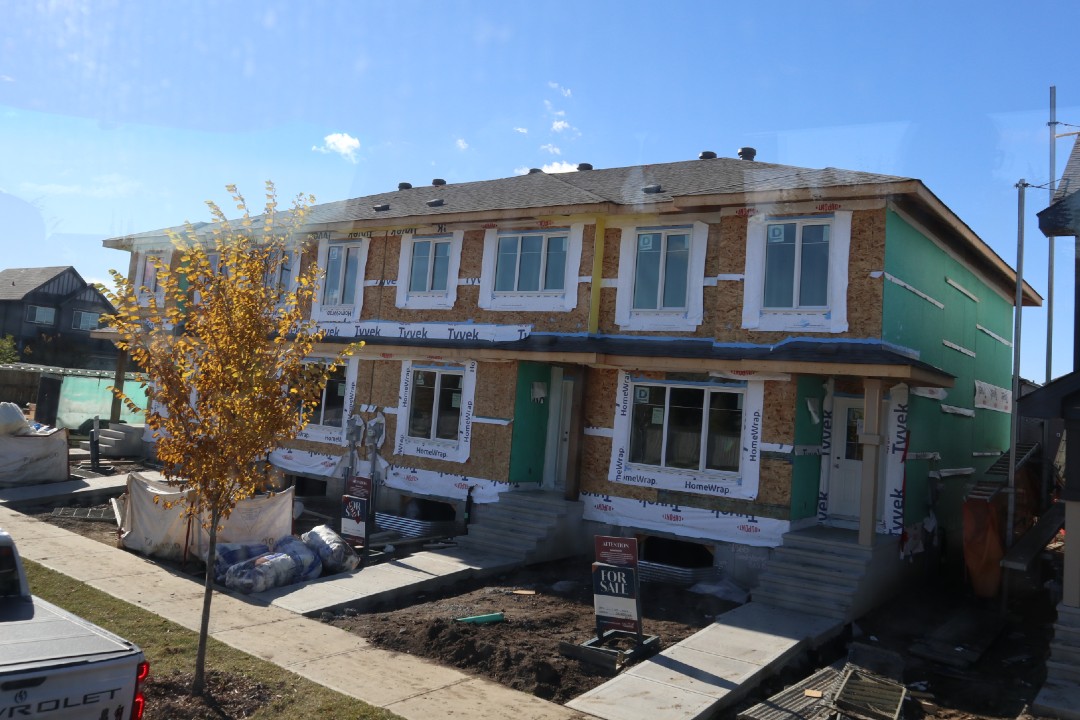
Edmonton 'still not ready' as 2024 population growth exceeded even breakneck forecast: Knack
Edmonton's population grew even more than expected in 2024, new numbers from the provincial government show.
Last year at this time, the City of Edmonton projected the population would increase by 3.6% in 2024. The new provincial numbers show, however, that Edmonton's population increased by 5.76% in 2024, an increase of 65,000 people, bringing the city's total number of residents to about 1,185,000.
One year ago, Ward Nakota Isga Coun. Andrew Knack warned that Edmonton wasn't ready for the projected influx of new people. "Well, guess what? We're still not ready, and, I mean, that shouldn't shock anyone," Knack told Taproot in a recent interview. "Obviously, the challenging or even somewhat terrifying point of this is, how do you keep up with that?"
New residents need homes, schools, services, and transportation options. Edmonton's City Plan, approved in 2020, is meant to chart how the city grows toward a population of two million people. The plan aims to see 50% of new housing units added through infill and to add 600,000 residents in neighbourhoods generally within the boundary of Anthony Henday Drive, instead of them being added predominantly outside of it through continued sprawl development. The progress on City Plan goals is tracked on the Open Performance dashboard.
In 2024, developers in the Edmonton region started construction on more than 18,000 units of housing, according to Canada Mortgage and Housing Corporation data, a 39% increase over 2023. Apartment starts saw a particularly large increase of 49% from 2023. The city is ahead of schedule in meeting its goals of building missing middle housing, a January news release said.
Knack, who is not running for reelection in October's city election, said the proportion of new housing that is created through infill is important to guard against potential property tax increases. He added that while he understands why people can be hesitant about infill development in their neighbourhoods, he thinks some who may have previously objected to it have now changed their tune. "I think there are a lot of people who are just realizing now that in order to accomplish fiscal sustainability and environmental sustainability, we have to change, and that is hard, and it's causing some challenges," Knack said.








